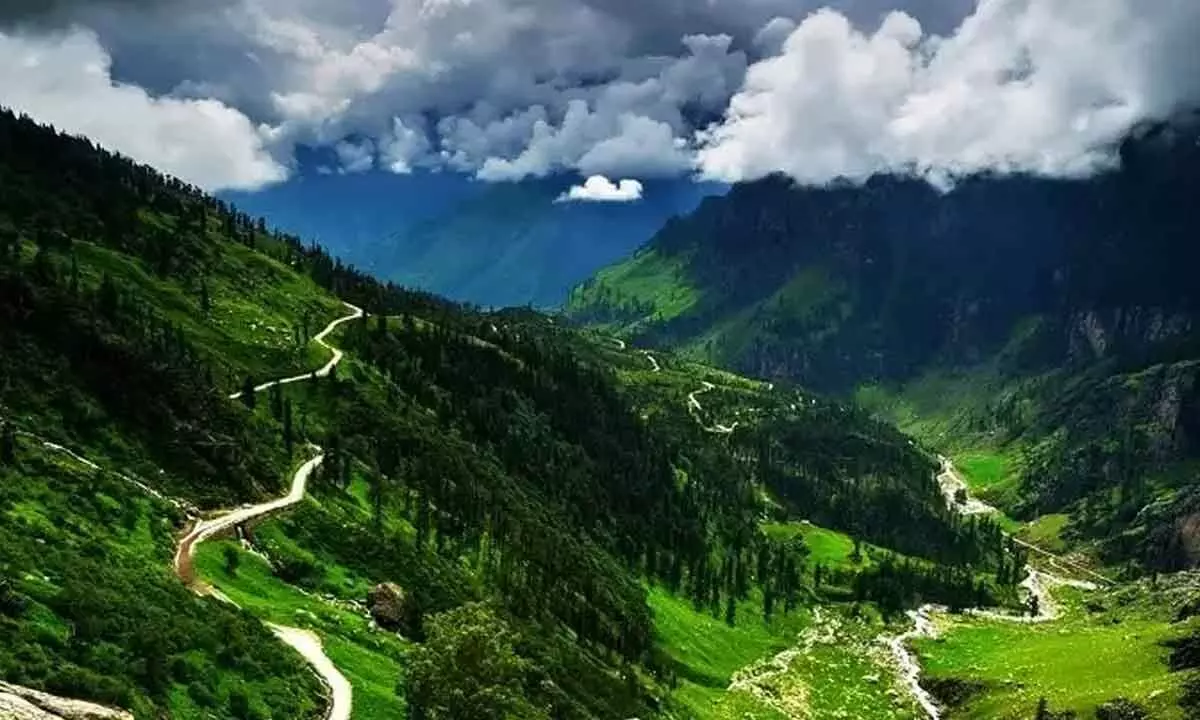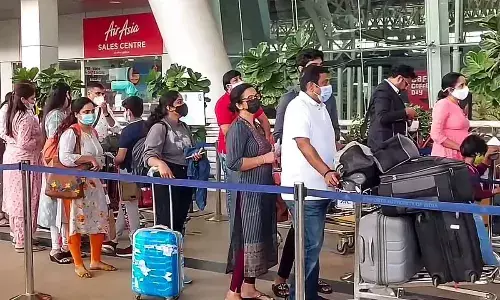To enhance greenery, Himachal govt rolls out Shimla Development Plan
Share :

To enhance greenery, the Himachal Pradesh government has amended the Shimla Development Plan, aiming to expand the Green Belt Area within the Shimla Planning Area, encompassing both the town and its suburbs.
Chief Minister Sukhvinder Sukhu emphasised the government’s commitment to the planned and systematic development of Shimla, focusing on restoring its historical charm and ecological balance.
The increased forest cover is expected to mitigate soil erosion and bolster the state’s environmental resilience.
According to the Shimla Development Plan 2041, residential construction within the Green Belt Area will be strictly regulated. Construction will only be permitted on plots devoid of trees. Any plot containing trees, whether green or dry, will be designated as a green plot, prohibiting any construction activities.
The areas currently designated as Green Belts include forests bounded by the bye-pass and cart road, Nabha forest, Phagli and Lalpani forests, Bemloe forest, Himland forest, Khalini and Chhota Shimla forest areas, and several others detailed in the plan.
Additionally, the government has decided to include new areas under the Green Belt designation. These areas are Retreat, Mashobra Band, Tukda Andri, Shiv Mandir Andri, Tal and Giri, D.P.F. Khalini, B.C.S. Mist Chamber, and Parimahal.
“This initiative aims to preserve Shimla’s natural heritage, ensuring a greener and healthier future for upcoming generations. We must maintain a balance between environmental conservation and development. The state government is committed to curbing haphazard construction in Shimla to preserve its aesthetic appeal, making it a favourite destination for tourists,” the Chief Minister said.
Green areas in Shimla are the city's lungs, crucial for maintaining environmental balance and enhancing quality of life. They reduce pollution by absorbing carbon dioxide and releasing oxygen, controlling temperature, and mitigating the urban heat island effect.
Besides, these green spaces enhance the city's aesthetic appeal, offering residents and tourists places for recreation and relaxation, which in turn improves mental health and well-being and plays a significant role in preventing soil erosion and landslides.



